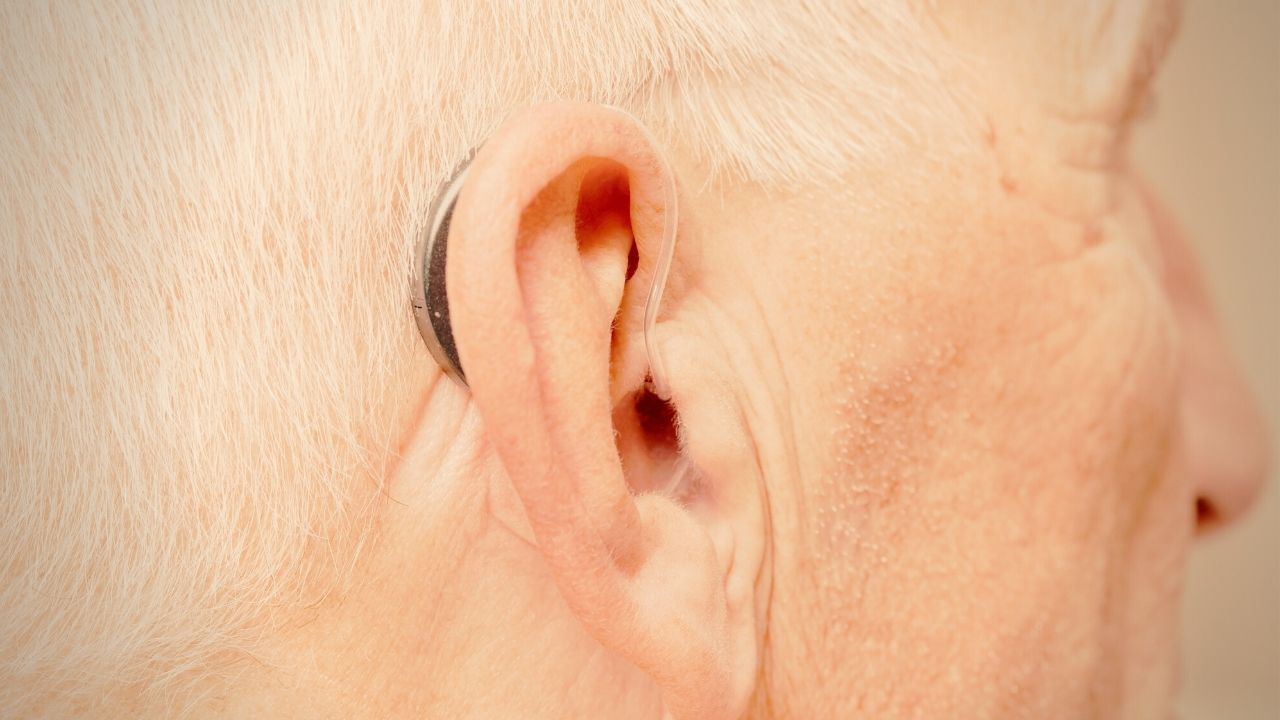A few weeks ago, Senators Warren and Grassley sent a letter to the FDA regarding the proposed rule for “Establishing over-the-Counter (OTC) Hearing Aids” calling out the hearing aid industry and aligned groups for what they said were unethical practices during the comment period.
They cite their own staff’s research showing that “dominant hearing aid manufacturers and aligned groups backed astroturf campaigns to weaken FDA’s proposed rule and distort public perception.”
Yikes!
Fighting for the Status Quo is Rarely the Right Business Strategy
As an MBA, I understand the desire for the entrenched players of an industry in transition to react to what they see as a competitive threat. But I also know that fighting for the status quo is rarely the right answer.
Time will move forward. Innovation will continue. Consumers will get smarter about the options available to them. Investing in better products and attractive prices is what wins in the end.
Several hearing aid companies are already utilizing this strategy, partnering with, or acquiring leading players in the consumer electronics space. It is this combination that is more likely to create the winning products that capture the hearts and ears of people with hearing loss.
Hearing Tech is Not a Zero-Sum Game
There is no need for the industry to panic because hearing tech is not a zero-sum game.
Demographic trends should drive consistent growth in demand for hearing technology of all sorts for the foreseeable future. As discussed in Will Hearing Loss Soon Be the New Normal?, this trend is driven by three factors:
- The rising median age of the US population
- Longer average lifespans, and
- The higher incidence of hearing loss in older adults. In other words, the market for hearing technology is ripe for expansion.
OTC hearing aids also target a different user base—those with perceived mild-to-moderate hearing loss who are often not yet ready for traditional hearing aids. Rather than cannibalizing existing sales, it is more likely that OTC aids will extend the market, providing starter products for those who need hearing help only in certain situations.
When these individuals need more assistance, they will already be accustomed to using technology for their hearing needs—a big blow to the stigma surrounding the use of hearing devices that often delays the first visit to an audiologist. Quicker acceptance will also help boost sales of more sophisticated options that can only be accessed through traditional channels.
The Process is Moving Forward
Despite the controversy, the process is moving forward. On July 8th, the Office of Management and Budget announced that it had received the FDA’s final rule for OTC hearing aids. This is good news for a process that has been slowed by the pandemic.
If the timeline proceeds normally from here, the FDA should publish the final rules by early September. I am eager to see what impact, if any, the comment process had on them. Initial rules looked promising, allowing for flexibility in product design and distribution method combined with needed regulation and labeling to ensure product safety.
I remain optimistic that both industry partners and consumers will rise to the new opportunity afforded by OTC hearing aids, helping to boost access to hearing devices for the millions of Americans who need them and pushing the hearing care industry forward.
In an ideal world, the audiologist role will evolve into that of a communication specialist, combining devices from multiple sources with increased counseling and aural rehabilitation.
At a minimum, expanded access to wider range of devices will increase focus on hearing health—and that is good news for all of us, hearing loss or not.

Shari Eberts is a passionate hearing health advocate and internationally recognized author and speaker on hearing loss issues. She is the founder of Living with Hearing Loss, a popular blog and online community for people with hearing loss, and an executive producer of We Hear You, an award-winning documentary about the hearing loss experience. Her book, Hear & Beyond: Live Skillfully with Hearing Loss, (co-authored with Gael Hannan) is the ultimate survival guide to living well with hearing loss. Shari has an adult-onset genetic hearing loss and hopes that by sharing her story, she will help others to live more peacefully with their own hearing issues. Connect with Shari: Blog, Facebook, LinkedIn, Twitter.







